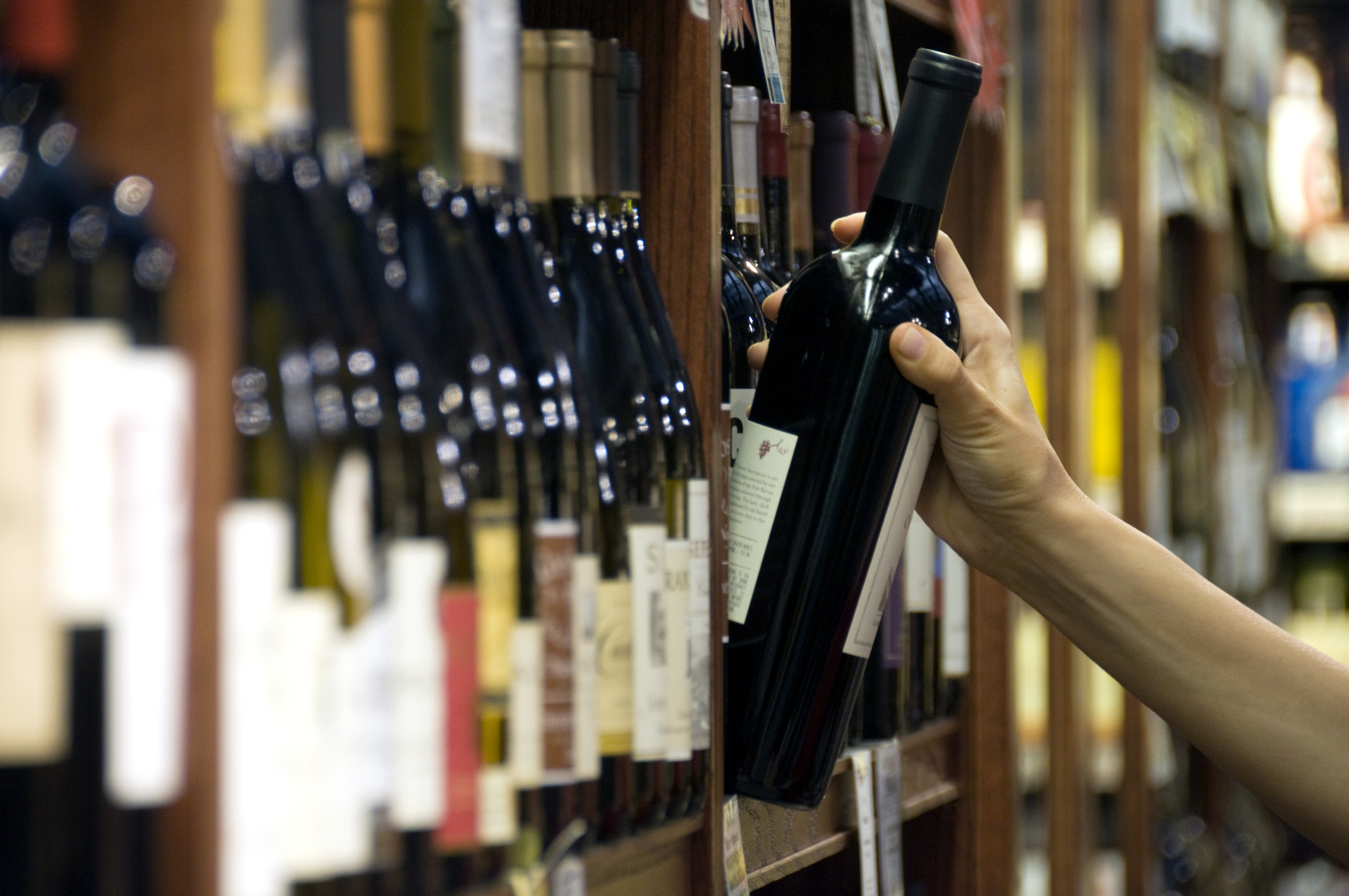This website uses cookies so that we can provide you with the best user experience possible. Cookie information is stored in your browser and performs functions such as recognising you when you return to our website and helping our team to understand which sections of the website you find most interesting and useful.
Wine drinkers face higher prices and less choice, Laithwaites owner warns
Wine drinkers in the United Kingdom will be left with less choice and price increases as a result of Chancellor Rishi Sunak’s proposed changes to alcohol duty, Direct Wines has said, warning that small-to-medium firms would “probably go out of business”.

Chancellor Rishi Sunak outlined what he described as the “most radical simplification of alcohol duties for over 140 years” during his Budget speech delivered in October last year. However, not everyone agrees that the new proposals constitute a simplification of the system.
As we previously reported, WSTA chief executive Miles Beale said he was “mystified” at the Treasury’s plans to “embed unfairness” by lowering the tax on beer by 8-19p, on and cider to 9p per unit and to raise the duty on wine to 26p per unit. It should, he said be “fair, simple and logical”.
“The proposals would embed and increase the illogical and unfair treatment of spirits and wine,” he argued. “Beer and cider tax remains the lowest and will not go up, but on the flip side 70% of all wine, still and sparkling, will go up in price, as will 80% of all still wine, 95% of red wine and 100% of fortified wines. Spirit drinkers will face the highest taxes of all at 29p a unit.”
He added that for wine in particular the proposals are “much more complex and unworkable in the real world”.
And in conversation with the BBC’s Today Programme the treasurer of Direct Wines Tim Curtis described the complexity of the new system for the wine trade as “crippling”.
“[The] Treasury have had a go and they’ve created 13 wine bands for the same £2.23, so for every half a percent of alcohol increase it goes up about 10p per bottle and above the 15% threshold there’s another 14 bands so really they’re replacing three with 27.” He said.
“Wine is an agricultural product and the ABV (Alcohol by Volume) of wine is set by the amount of sunshine warmth in the vineyard when the grapes grow on the vines and that changes every year.
“Last year we sold over 7,500 different wines and we would need a team of people dedicated to this to track and calculate the correct amount of duty for each product,” he added, predicting that the average price of wine would “certainly go up for the UK consumer”.
The WSTA anticipates that implementing the changes would cost the wine trade £250 million per year.
Tim Curtis told Today, “the red tape is just huge so you can imagine some ranges will shrink and sadly some small and medium enterprises will probably go out of business. So for the consumer it is a case of higher cost, less choice and fewer merchants competing for their business.”
Australian wine producers have already called on the UK government to scrap the proposals, arguing that the reforms would wipe out the benefits of UK-Australian free trade agreement (FTA).
A spokesperson from Treasury Wine Estates added that the proposals would “significantly” impact the Australian wine industry, increase costs for UK consumers, and “diminish future growth prospects in the largest export market for Australian wine growers and UK consumers.”
Read More: The jury’s out on just how “fair” Sunak’s duty reforms will prove to be.
Related news
Vignobles Cruse-Lorenzetti shuffles roles across its four Bordeaux chateaux
Is Monastrell the climate-adaptable grape the industry needs?
The story of Maison Simonnet-Febvre’s new Chablis Premier Cru Forêts

